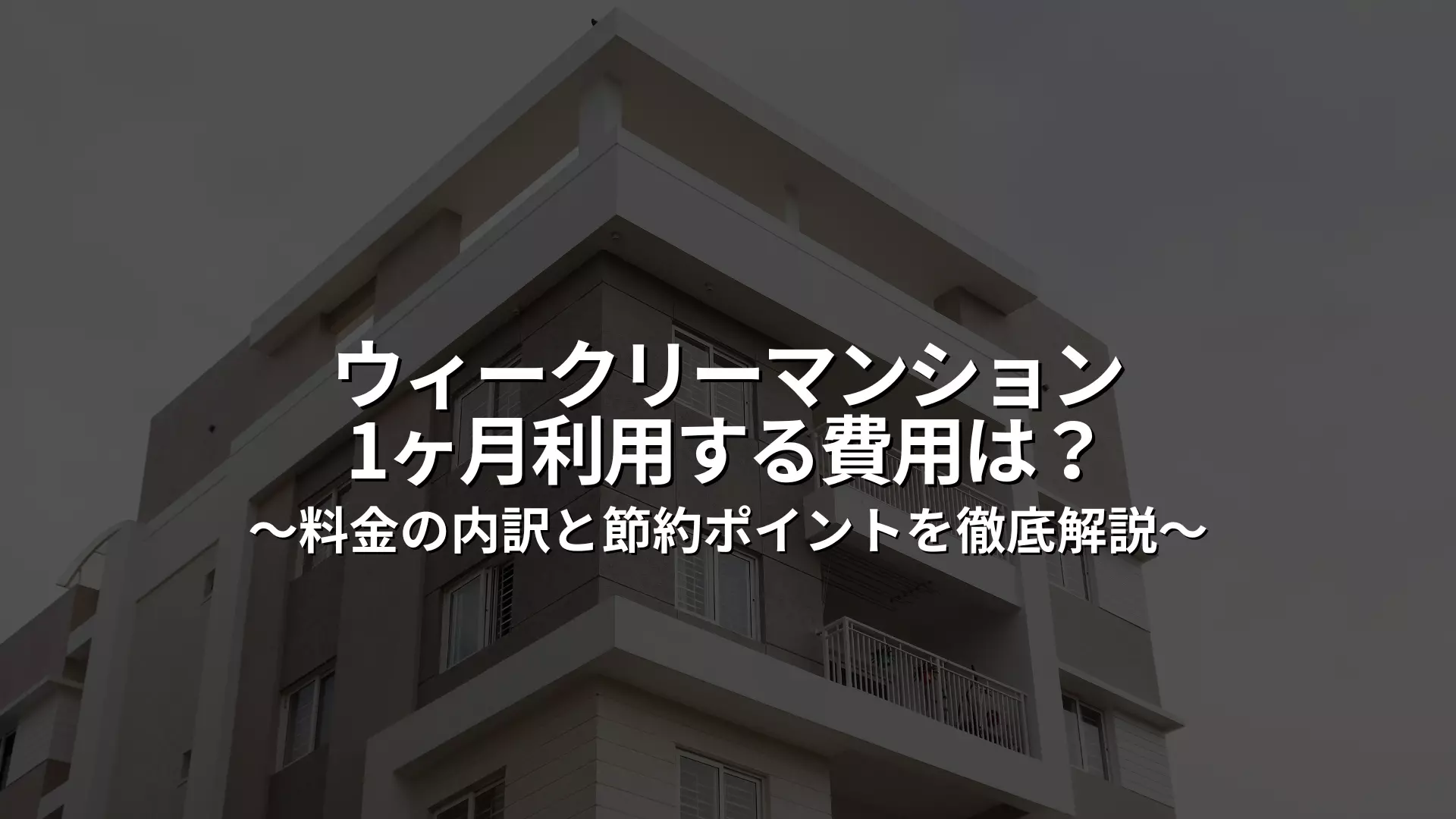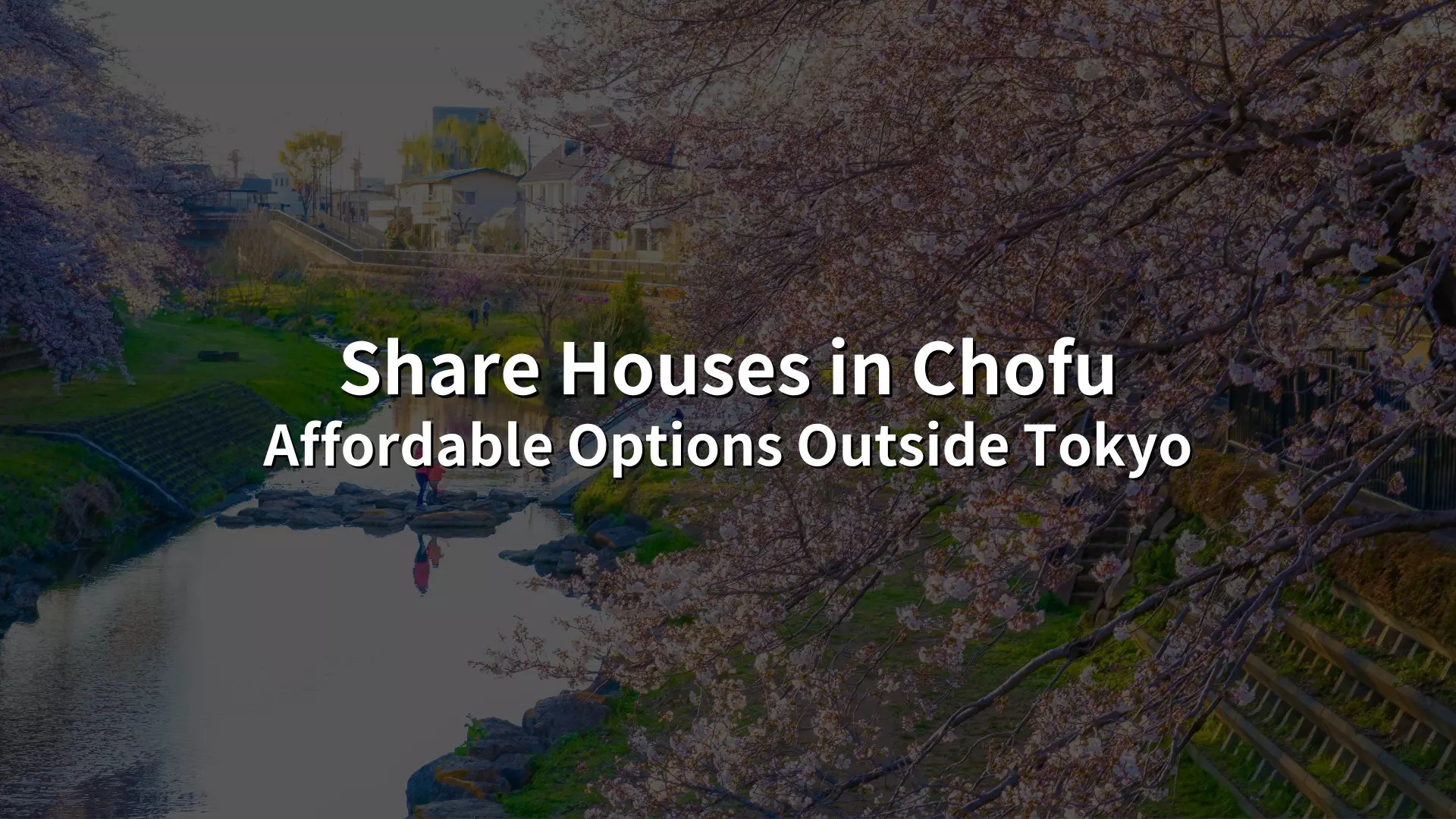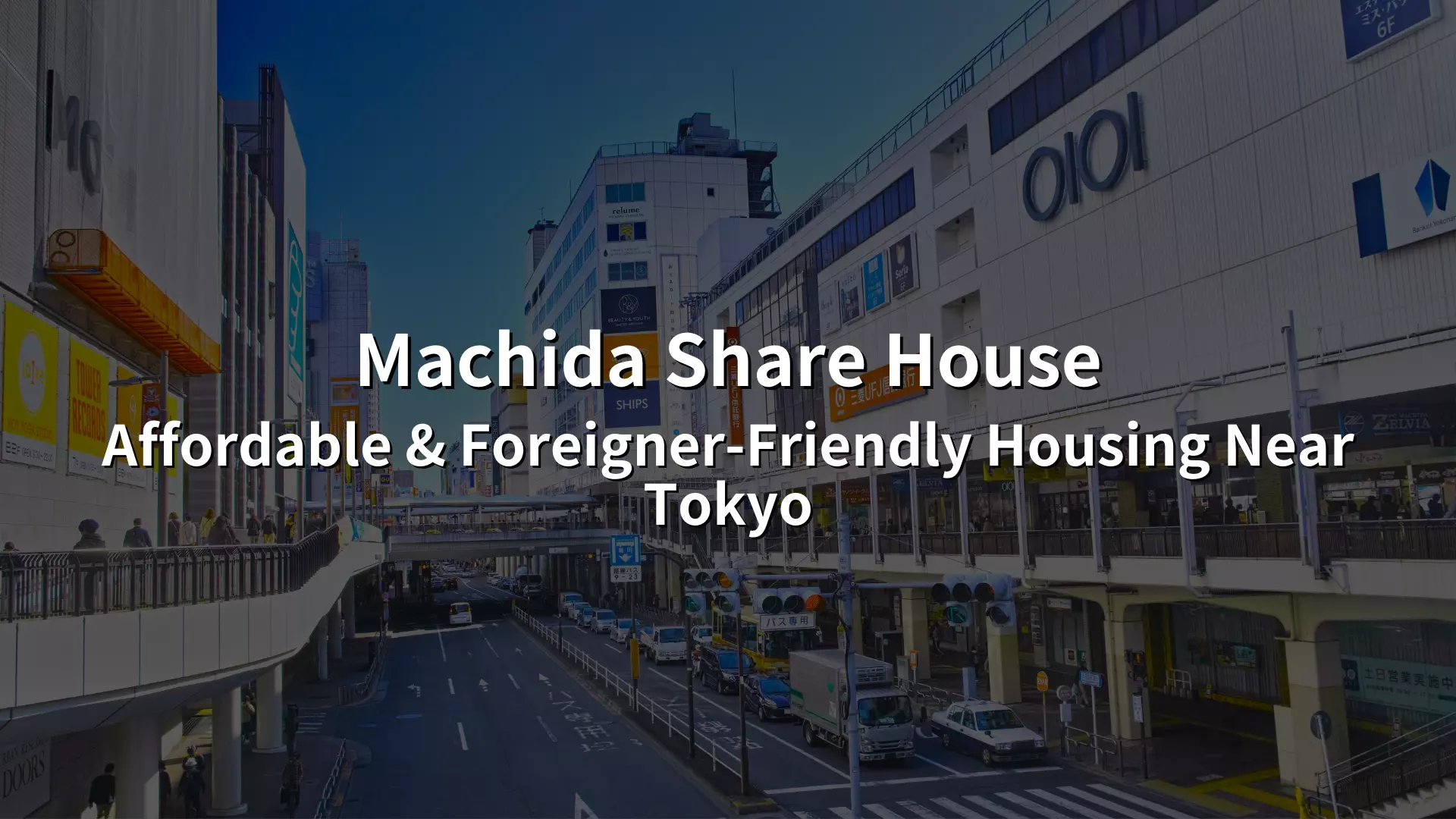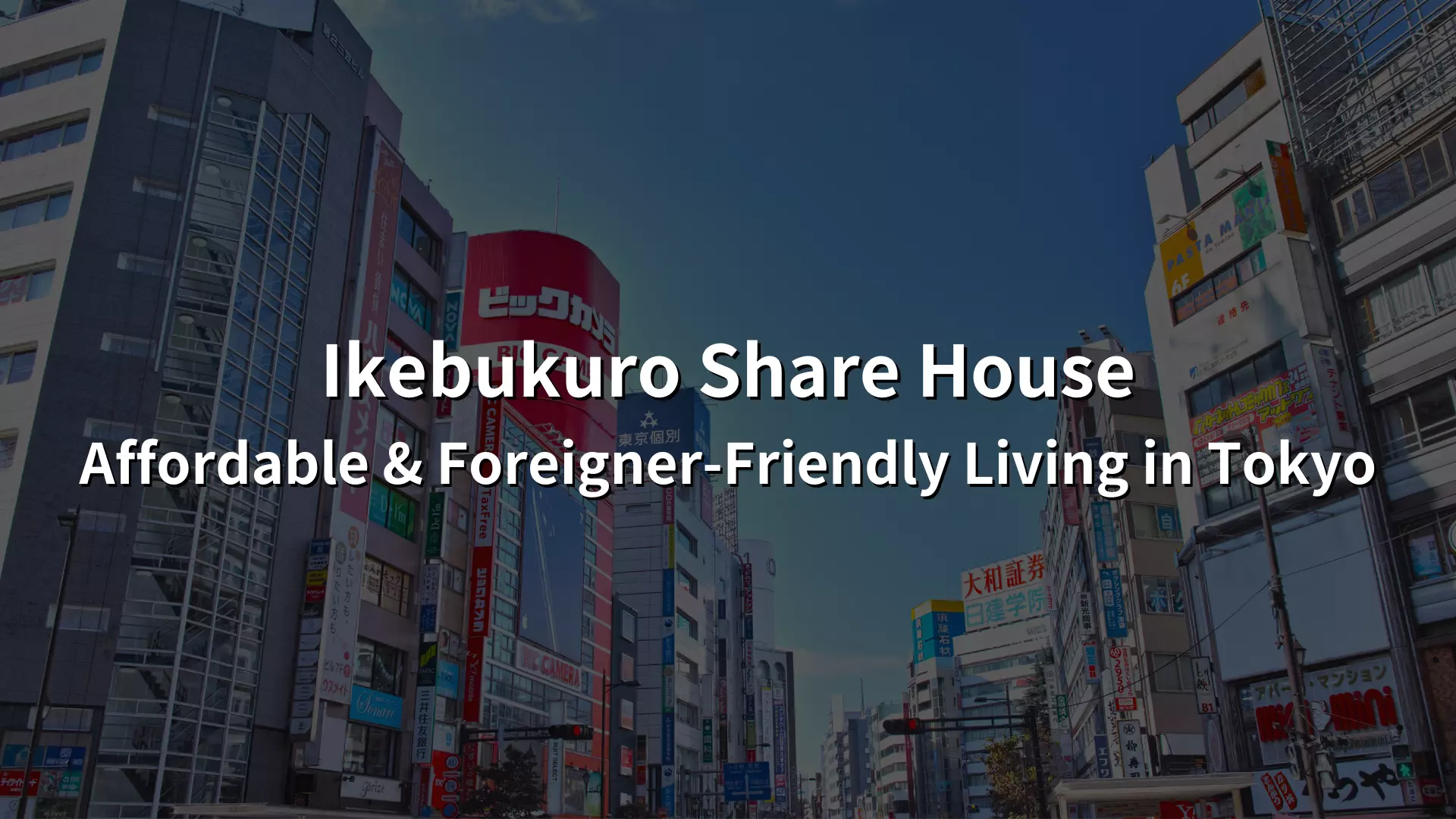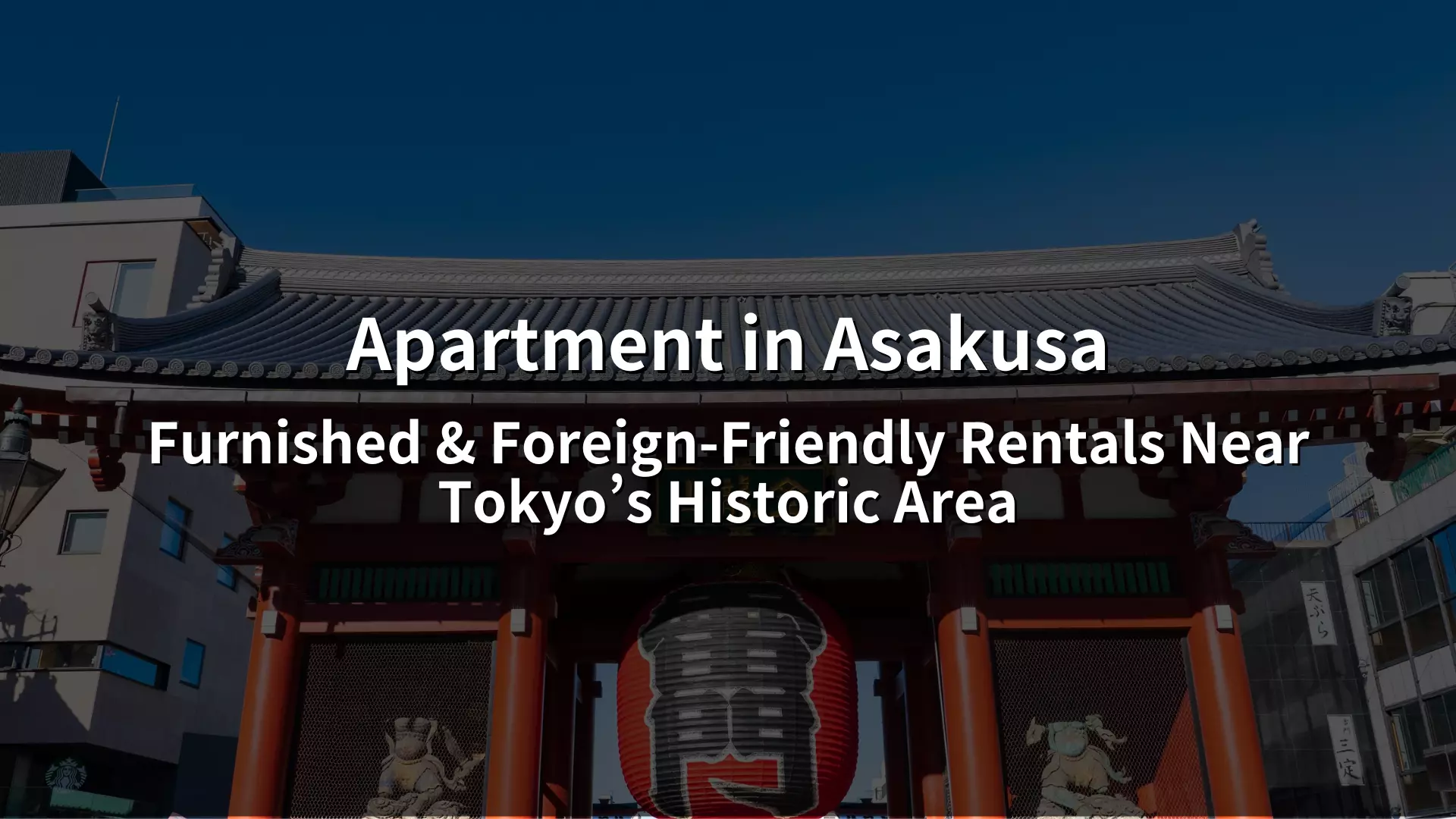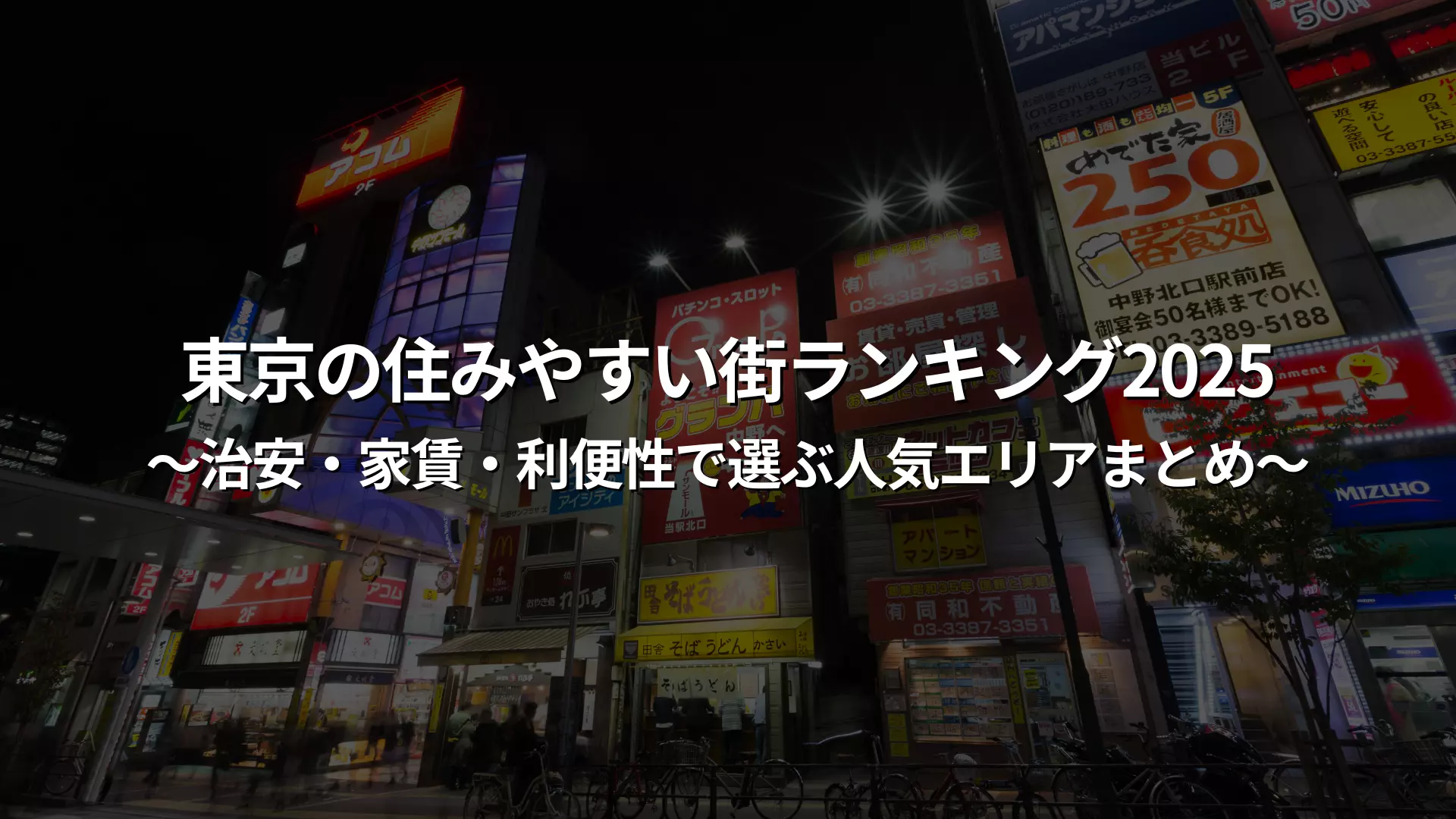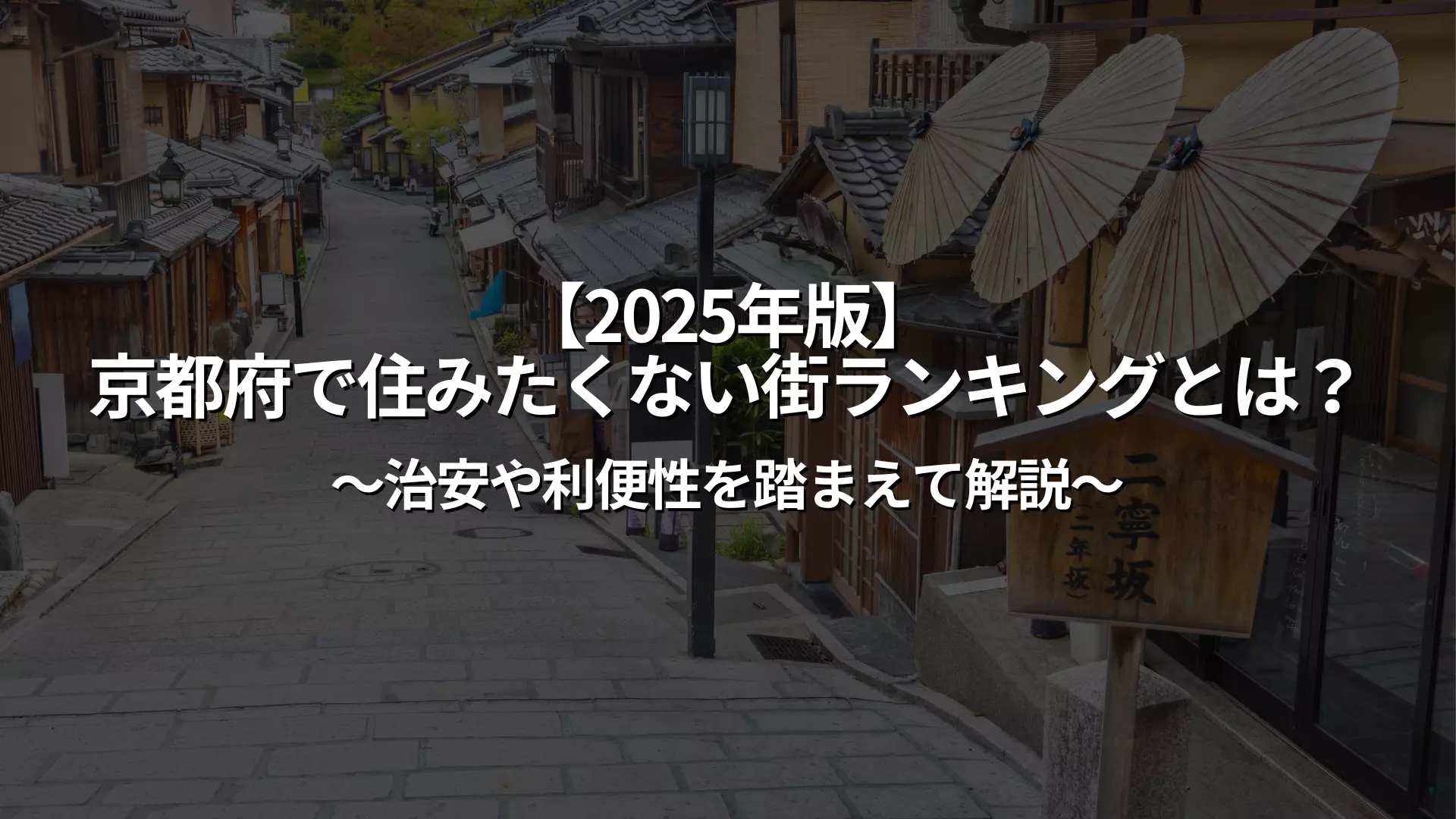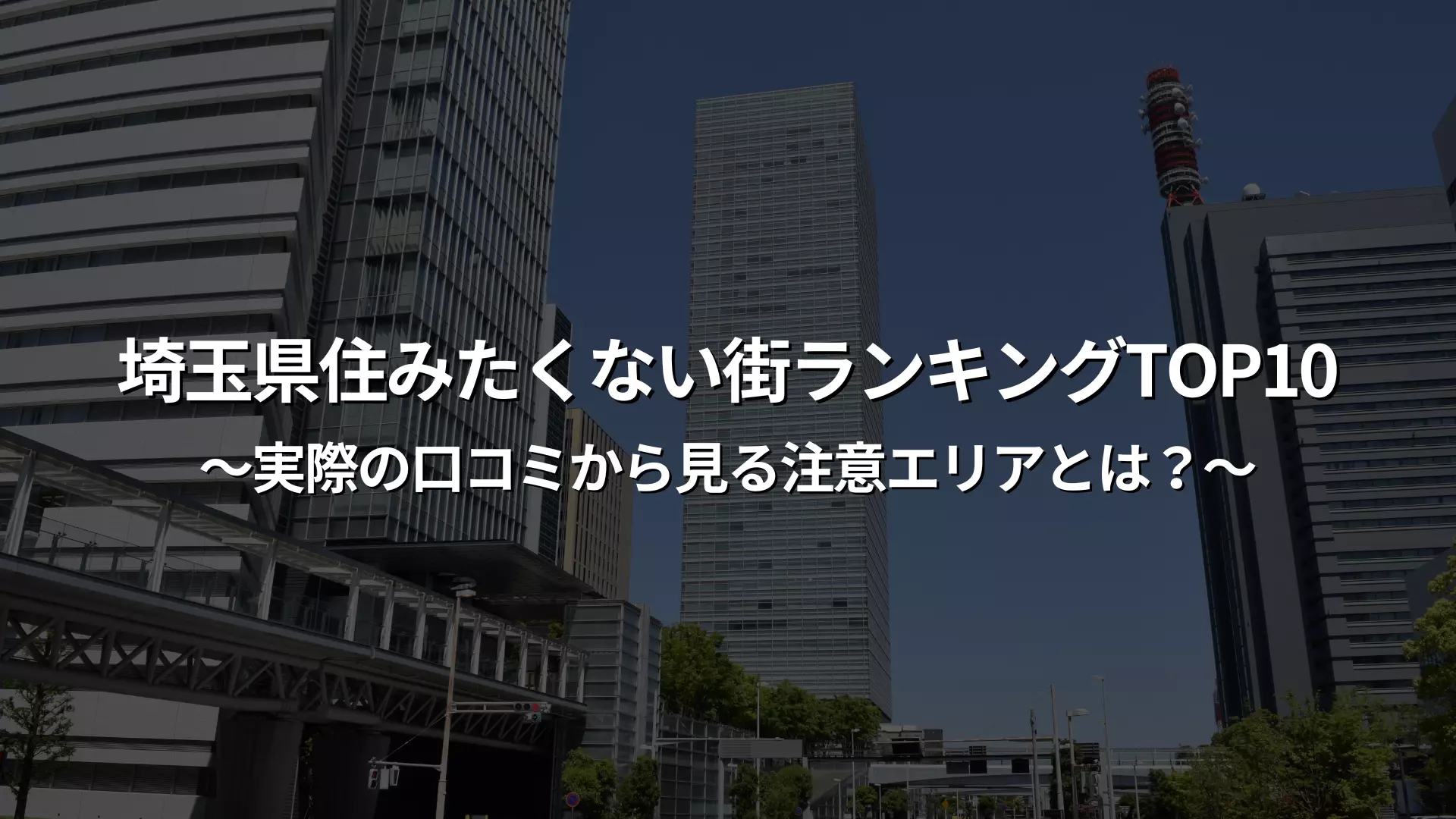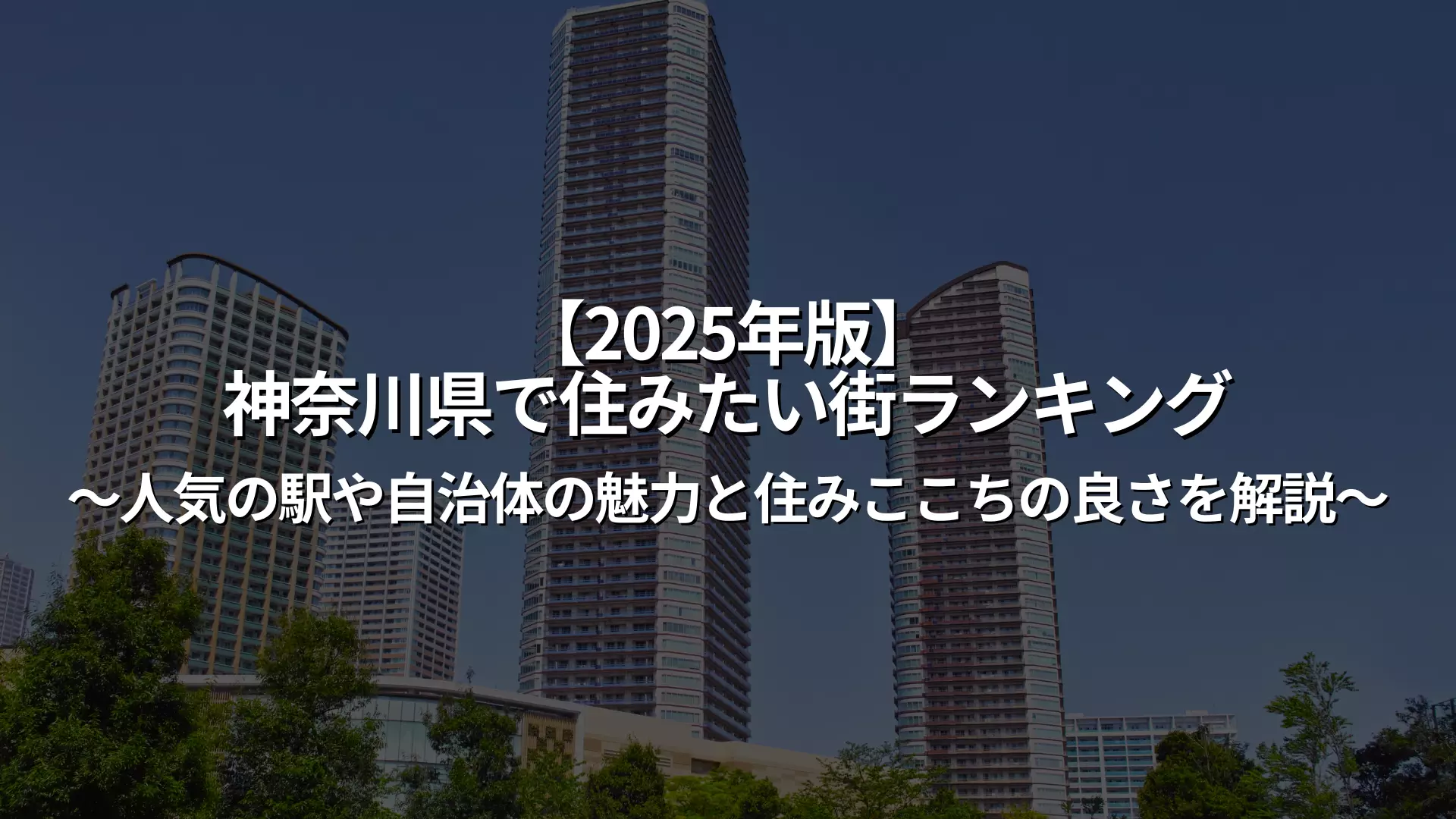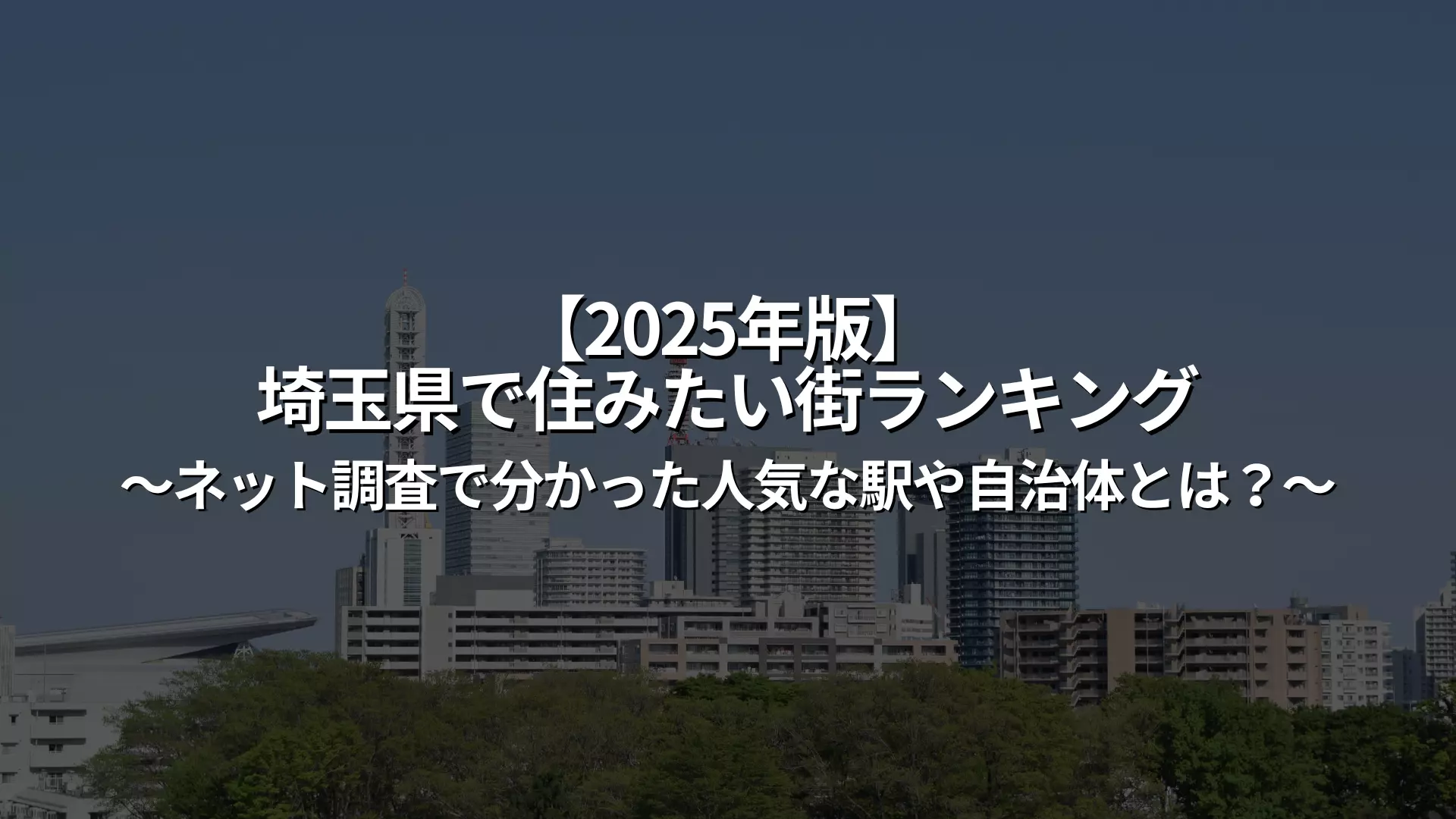What is a weekly mansion? How can you use it for a month?
A weekly mansion is a short-term rental accommodation that can be used for periods ranging from one week to several months. The main feature is that it is fully furnished and ready for life, so you can start living there immediately.
They are popular as temporary housing for business trips or before and after moving, as they can be used for more than one month, have a high degree of freedom in signing and canceling contracts, and many properties do not require a deposit or key money. Unlike regular rental properties, they are designed for short-term stays, so in many cases there is no need to sign up for utilities or find a guarantor, making them very convenient.
What is the difference between weekly and monthly?
Weekly and monthly apartments are both short-term rentals, but there are differences in the usage period and fee structure. Weekly apartments are generally rented in units of one week, while monthly apartments are generally rented for one month or more.
Also, while weekly apartments are subject to consumption tax, monthly apartments are often exempt, so there may be a difference in cost even if you use the property for the same period. If you are considering long-term use, monthly plans tend to be cheaper, so it is important to choose the plan that best suits your length of stay.
Reasons for renting on a monthly basis and contract features
Many weekly apartments are facilities that have obtained licenses to operate as hotels, and are characterized by the flexibility of being able to sign contracts regardless of the number of days.
The reason why it is possible to rent on a monthly basis is because the format is similar to a "fixed-term rental contract" or "accommodation contract," unlike a typical rental. The contract is simple, and in many cases you can move in with just identification documents, and there are also an increasing number of properties where you don't need to visit the store and the process can be completed online. The screening process is also relatively lenient, making it convenient for sudden business trips or temporary housing.
What kind of person is suitable for one month use?
People who are suited to using a weekly apartment for a month include business people on a short business trip, people who have changed jobs or been transferred and are looking for temporary housing until their next residence is decided, and people taking short-term university lectures or qualification courses.
They are also ideal as a temporary place to stay while you are renovating your home or preparing to move. For those who want to create a comfortable living environment while keeping costs down compared to a hotel, a weekly apartment with furniture and appliances and a high degree of freedom is an ideal choice.
Average monthly cost of a weekly apartment [by major city]
The monthly cost of a weekly apartment varies greatly depending on the region. There is a particular difference in average rent prices between urban and rural areas, so it is important to understand the average prices for your destination. Prices vary depending on the location of the property, the age of the building, and the facilities it contains, so by understanding the price trends by area, you can achieve a comfortable stay while keeping costs down.
In this chapter, we will take a closer look at the market rates for each region.
Average cost of a weekly apartment in Tokyo
The average cost of renting a weekly apartment in Tokyo's 23 wards for one month is roughly 120,000 to 180,000 yen. In central areas such as Shinjuku, Shibuya, and Minato, there are many properties that cost over 200,000 yen, and the closer to the station and the more fully equipped the property is, the more expensive it becomes.
On the other hand, in suburban areas such as Itabashi, Adachi, and Nerima, you can find affordable properties for around 100,000 yen. Even for short stays, the key to saving money is to find a balance between location and budget.
Comparison of market prices in Osaka, Nagoya, and Fukuoka
In the major cities of Osaka, Nagoya, and Fukuoka, you can rent a weekly apartment for one month at a slightly cheaper rate than in Tokyo.
General price range
- Osaka city: Approximately 100,000 to 150,000 yen
- Nagoya city: Approximately 80,000 to 130,000 yen
- Fukuoka city: Approximately 70,000 to 120,000 yen
In both cities, rent increases the closer you get to the center, but there are also many relatively inexpensive properties in areas with good transport access, making them attractive for their good value for money.
Price trends in regional cities
The average price for a weekly apartment in a regional city is around 50,000 to 90,000 yen per month, which is very reasonable compared to urban areas. In Sapporo, Sendai, Hiroshima, Naha, etc., the cost decreases as you go to the suburbs, making it suitable for long-term stays.
However, there may be a limited number of properties available, and the facilities and layouts you can choose from may be limited, so it is important to check the facilities and accessibility in advance. This is the perfect option for those who want a comfortable stay while keeping costs down.
Search for a room
Only furnished properties with appliances are listed!
Check the breakdown of costs thoroughly! What are the fees for one month?
When renting a weekly apartment for a month, several other costs will be incurred in addition to the rent. In addition to the basic rent, the general breakdown of costs is water and electricity, management fees, cleaning fees, and internet usage fees. Also, unlike regular rentals, many properties do not require a deposit or key money.
For those who want to keep initial costs down or are considering a short-term stay, knowing the total cost for one month in advance is the first step in choosing a property with good value for money. We will explain each item in detail.
Basic rent
The basic rent for a weekly apartment is roughly around 60,000 to 150,000 yen per month, but varies greatly depending on the location and grade of the property.
Rent tends to be higher in the city center, near a station, and in newer properties. On the other hand, properties in the suburbs or older buildings may be priced more reasonably. If you are planning to stay for a month, there may be discounts on rent or long-term discounts, so it is recommended that you check before signing a contract.
Water and utility bills
In a weekly apartment, utility bills such as water, electricity, and gas usually cost around 10,000 to 15,000 yen per month.
These may be included in the rent, but some properties will charge you separately, so it's important to check when signing the contract. You may be charged extra for overspending, so it's a good idea to check the fee cap and payment method in advance. When creating a budget, be aware of the "effective monthly amount," including utility fees.
Management and cleaning fees
Management fees and cleaning fees are set as the cost of maintaining common areas and cleaning when tenants move out, and generally range from a few thousand yen to around 10,000 yen per month.
In particular, cleaning fees after moving out are often charged in a lump sum at the time of signing the contract, and are an item that is often overlooked as an initial cost. It is important to consider this a necessary expense for maintaining a comfortable living environment even for a short period of time, and to include it in your total budget.
Internet fee and optional fee
Internet usage fees typically range from free to around 5,000 yen per month, and in some properties Wi-Fi comes as standard.
On the other hand, there may be data capacity restrictions or the need to sign up for an optional high-speed line. Also, additional costs may be incurred when using optional services such as bedding rental or kitchen utensil rental, so the key to saving money is to choose only the services you need to suit your lifestyle.
Are there any deposits, key money, or brokerage fees?
One of the major benefits of weekly apartments is that they generally do not require a security deposit, key money, or brokerage fee. The initial costs are significantly cheaper than a regular rental contract, and the procedures are simplified, making them an excellent fit for those who need to move for work suddenly or for short-term stays.
However, a deposit may be required for some luxury properties and long-term contracts, so be sure to check the contract terms carefully in advance with the real estate agency.
Tips and checkpoints to keep your monthly costs low
When renting a weekly apartment for a month, there are a few things you can do to keep costs down. You can take advantage of discount campaigns, rent during off-seasons when demand is low, and avoid unnecessary options. In particular, by choosing a property that comes with plenty of standard equipment, such as furniture, appliances, and internet, you are more likely to reduce additional costs.
The key to saving money is to compare prices wisely and choose the plan that best suits your stay.
Look for campaigns and discounted properties
Many weekly apartments offer limited-time promotions and discounts for long-term stays.
In some cases, rent can be reduced by 20% to 30% if you use the service for more than one month, and you should not miss out on other perks such as free initial fees and free cleaning fees. Official websites and portal sites often provide a list of properties eligible for discounts, so it is recommended to compare multiple sites to find a good deal. Be sure to also look out for advance booking perks and last-minute discounts.
Cut costs by using the off-season
The cost of a weekly apartment varies depending on the time of year you use it.
You can significantly reduce costs by avoiding the busy periods of spring and autumn moving seasons and the New Year holidays, and instead using our services during the off-season months of summer and winter.
Also, rents can be negotiated down during periods when there are many vacancies, which can lead to big savings for those with a flexible schedule. If you can adjust your schedule, it is wise to book during the off-season.
Choose only the bare minimum of equipment
There are some high-priced weekly apartments that are fully equipped with multifunctional appliances and auto-locks, but you can keep costs down by narrowing down your selection to only the amenities you really need.
For example, if you don't cook, you should avoid properties with kitchens, and if you bring your own laptop, you may not need a high-speed Wi-Fi option. Choosing a minimalist property that suits your lifestyle is the key to avoiding unnecessary expenses.
Search for a room
Only furnished properties with appliances are listed!
What type of property should you choose if you want to live there for a month? How to choose by type
When staying in a weekly apartment for a month, it is important to choose a property that suits your style of stay, such as location, facilities, and safety. By understanding the characteristics of each property type and creating a comfortable environment for yourself, you can make your month of living smooth and satisfying.
Here we will explain each type.
Cases where location is important and close to the station
If you value convenience for commuting to work, school, and shopping, a property within a five-minute walk from the station is ideal. In the city center, a weekly apartment near a station will cost around 120,000 to 180,000 yen per month, but good transportation access will save you time and travel costs.
In addition, if there are plenty of convenience stores, restaurants, laundromats, etc. in the vicinity, the comfort of your life will be significantly improved. Properties that prioritize location are suitable for people who want to live a stress-free life even for a short period of time.
Facilities-focused type for long-term stays
If you are staying for a month or more, we recommend a property that prioritizes facilities and has a full range of furniture and appliances. A fully equipped refrigerator, microwave, washing machine, cooking utensils, etc. will allow you to cook your own meals and do your own laundry, which will help you save on eating out and coin laundry fees. A spacious kitchen and storage space will make your stay comfortable even for long periods of time.
Especially if you plan to use the space for working from home or studying, you should also pay attention to the Wi-Fi environment and whether or not desks are provided.
For women living alone and prioritizing security
If a woman is planning to live alone for a month, it is most important to choose a weekly apartment with high security. Properties that meet such requirements as auto-locks, security cameras, a resident manager, and a women-only floor will give you a sense of security. Furthermore, you can reduce the risk of trouble by choosing a property on a road that is well lit at night or in an area with a lot of foot traffic.
Properties aimed at women are a little more expensive, but they are very popular because they offer both safety and comfort.
summary
A one-month rental at a weekly apartment is extremely convenient for short-term stays, as the initial costs are kept low and the necessary furniture and appliances are provided. By understanding the average cost in each major city and clarifying the breakdown, you can further cut costs by taking advantage of campaigns and targeting off-season stays.
Also, choosing a property that meets your needs, such as being close to the station, prioritizing facilities, and prioritizing security, is the key to having a comfortable stay. Choose a weekly apartment that suits your needs and spend your month smartly.

